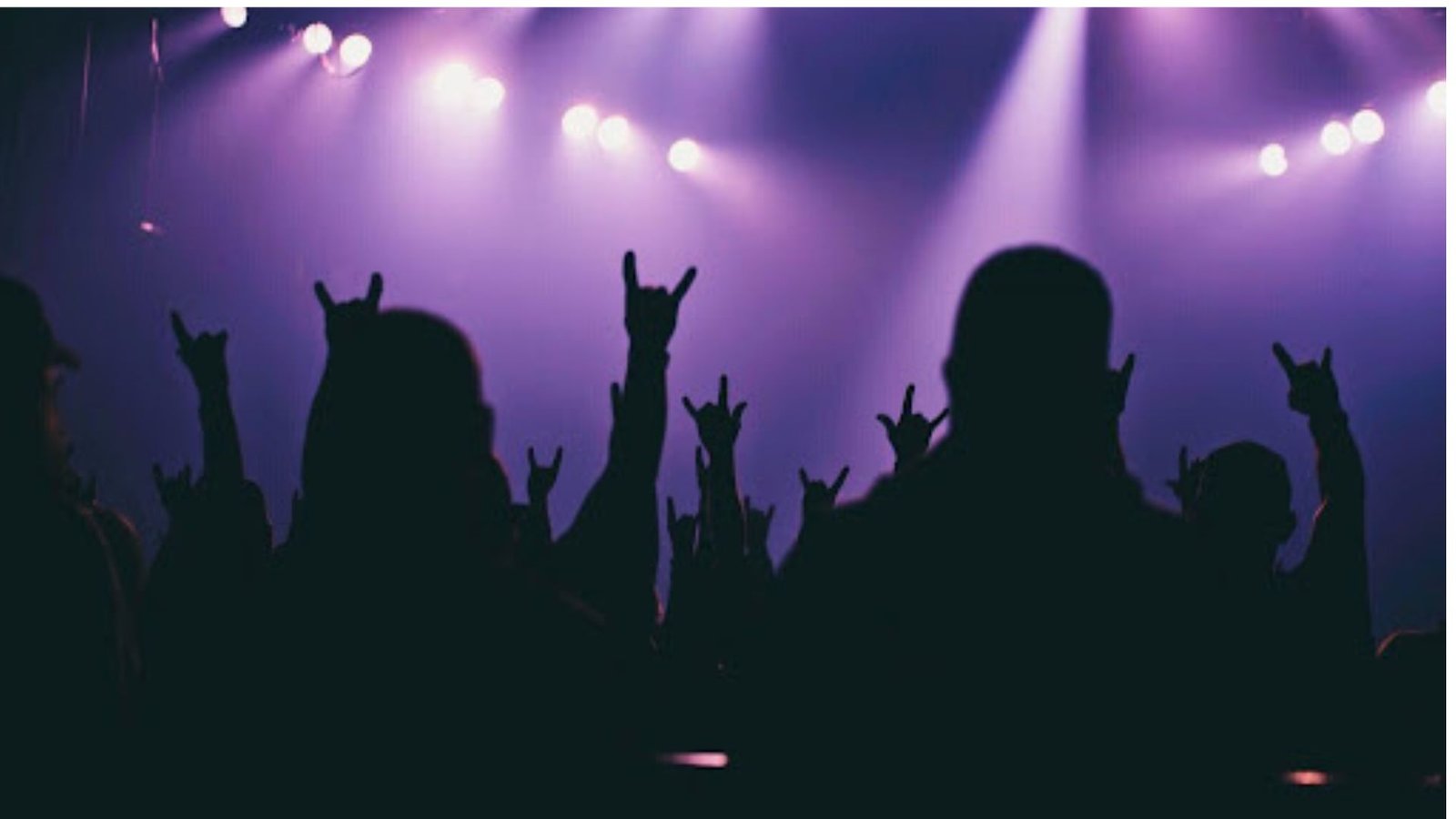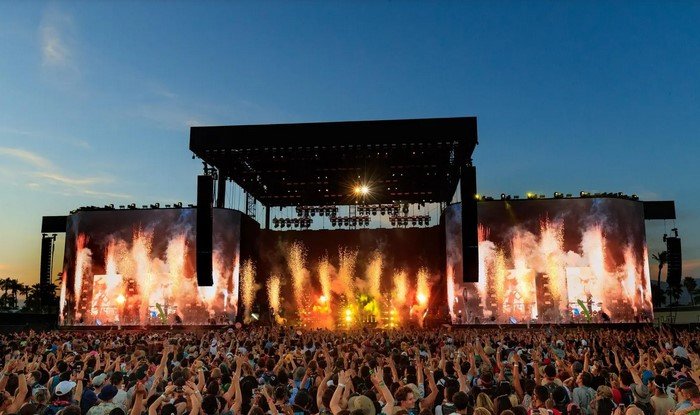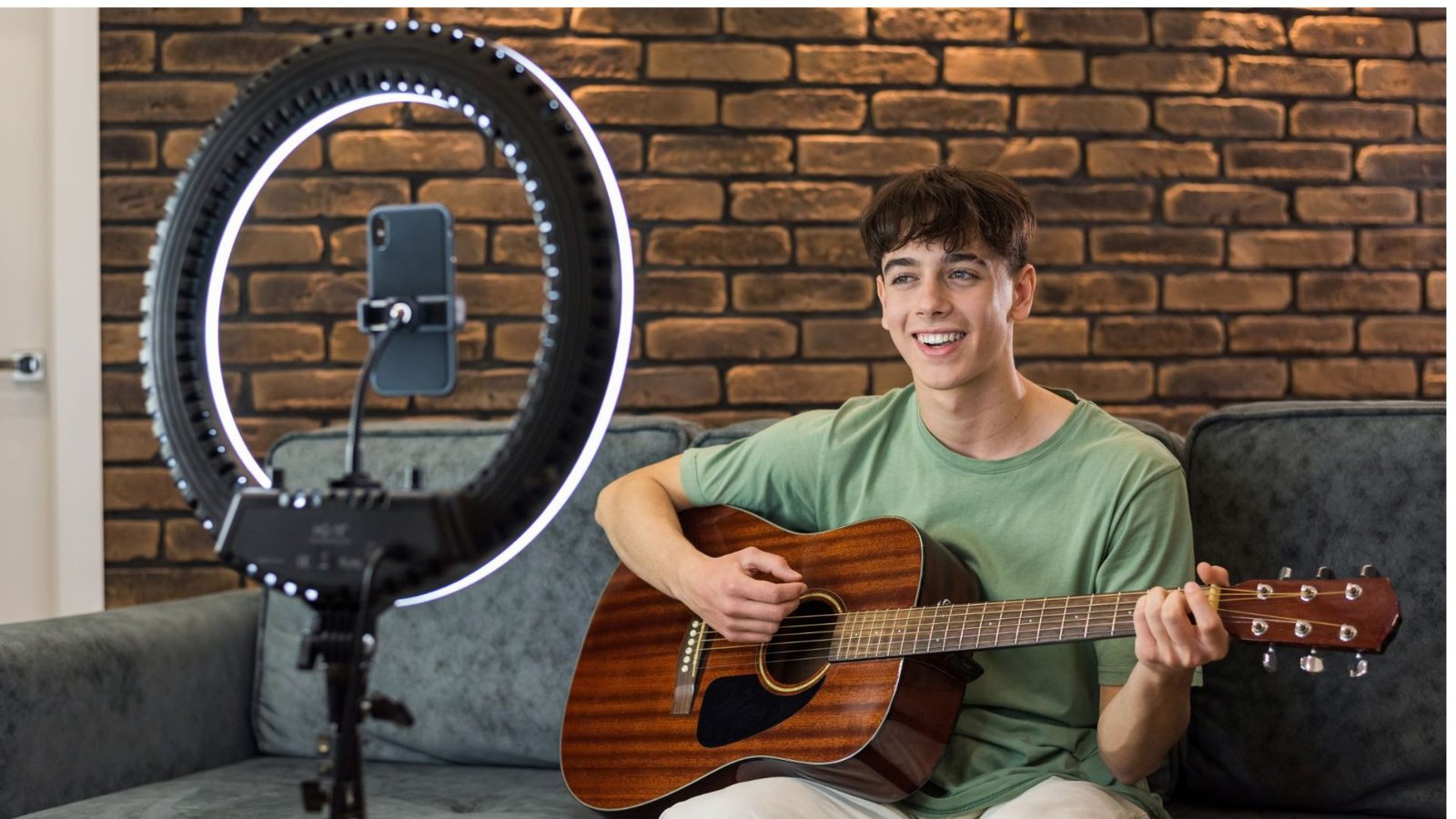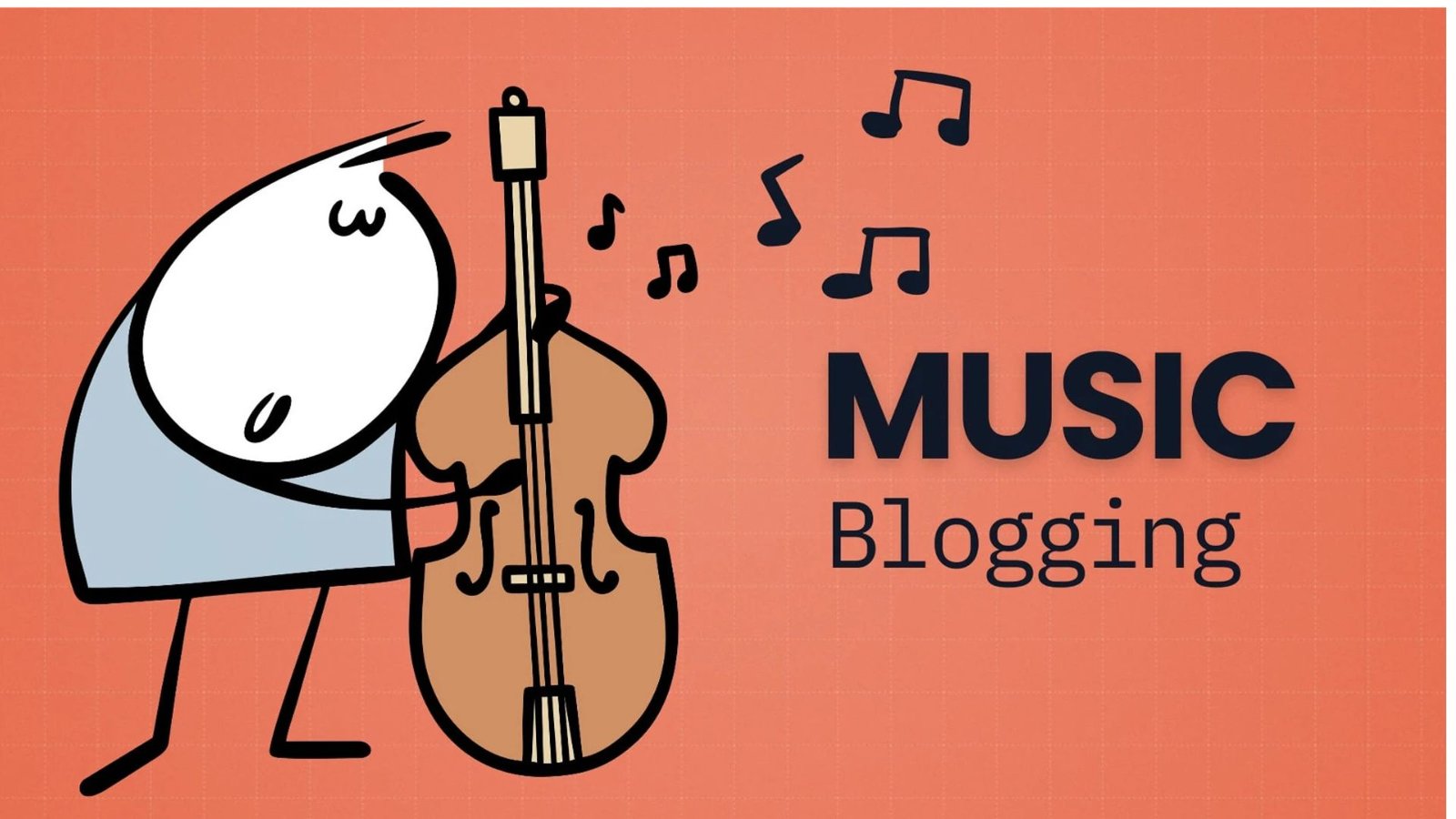Music is often described as a universal language, a force capable of transcending cultural, geographical, and linguistic boundaries. From ancient rituals to modern pop concerts, music has a unique power to unite people, evoke emotions, and foster connections. Whether you’re jamming with friends, attending a concert, or simply sharing your favorite song with someone, music has the extraordinary ability to bring individuals together in ways that few other things can. But why exactly does music have this unifying effect? Here’s a deep dive into the reasons why music brings people together.
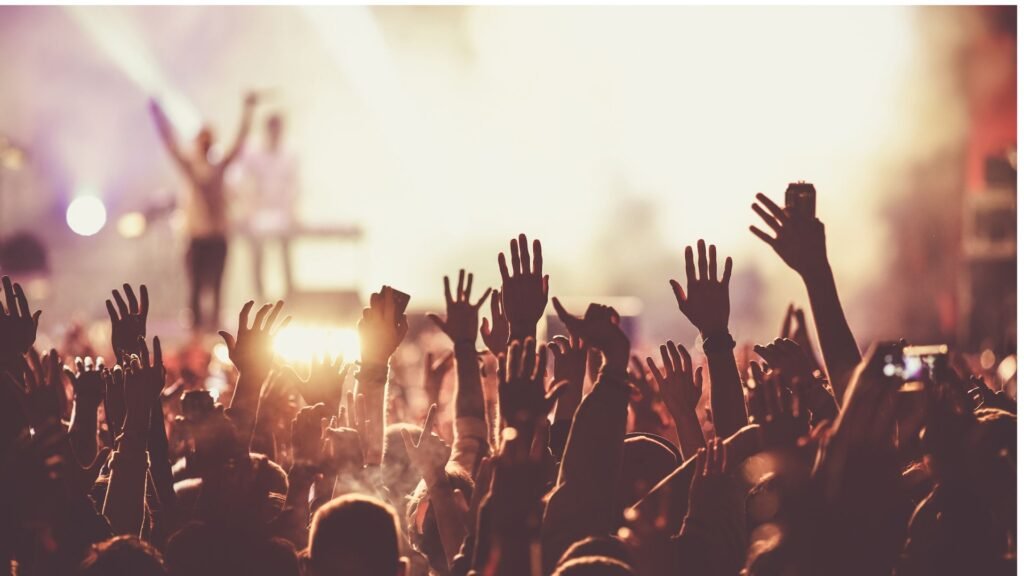
Music Creates Shared Emotional Experiences
One of the most powerful ways music brings people together is by evoking shared emotional experiences. Music can tap into our deepest emotions—joy, sadness, nostalgia, love, or even anger—and, when people experience those emotions collectively, they form a sense of unity.
- Emotional Connection: When you listen to a song that resonates with your feelings, you’re not alone in that experience. Others are likely feeling the same way. This shared emotional landscape can strengthen social bonds.
- Concerts and Festivals: At live performances, hundreds or even thousands of people gather in one place to enjoy the same music. The collective energy at these events creates a sense of togetherness and shared purpose, whether you’re singing along to a favorite anthem or swaying to a calming melody.
- Music in Celebrations: Think about weddings, birthdays, or national holidays—music plays a central role in creating a collective emotional experience, whether through dancing, singing, or simply listening together.
Music creates an emotional connection that speaks directly to the heart, and that is what makes it such a powerful medium for uniting people.
Cultural Significance and Tradition
Across the world, music has been a central part of cultural and social traditions for centuries. Whether it’s the sound of a drumbeat in an African village, a folk song in Ireland, or a classical symphony in Vienna, music has always been a marker of identity and a way of bringing people together around shared traditions.
- Cultural Identity: Music reflects the history, values, and struggles of different cultures. By sharing a piece of music from another culture, people learn about different perspectives, fostering understanding and solidarity.
- Global Collaboration: Artists from different parts of the world collaborate through music to blend styles, instruments, and traditions, creating cross-cultural experiences that transcend geographical borders. This promotes the idea of shared human experience despite cultural differences.
In this way, music strengthens our collective identity while respecting and celebrating diversity.
Music Facilitates Social Interaction
From a simple chat about your favorite album to the camaraderie of a shared concert experience, music fosters social interaction. It acts as a conversation starter, a bonding tool, and a way to break down social barriers.
- Icebreaker: Music is often used as an icebreaker in social situations. Whether you’re at a party, a networking event, or meeting someone for the first time, discussing your favorite bands or songs can create an instant connection.
- Shared Interests: Joining a music-related community, whether online or offline, creates a sense of belonging. Whether it’s a local band scene, an online fan forum, or a classical music group, these spaces are united by the shared interest in music.
- Collaborative Music-Making: Whether through jam sessions, school bands, or songwriting partnerships, music creates opportunities for people to work together. Collaboration fosters mutual respect, creativity, and emotional connections.
Through music, people are constantly meeting others with similar interests, and it offers a platform for collaboration and shared creativity.
Conclusion
Music is more than just an art form; it’s a powerful tool for connection. It brings people together by evoking shared emotions, fostering communication, and bridging cultural and generational divides. Whether you’re listening to a favorite song with friends, dancing at a festival, or joining in solidarity during a difficult time, music connects us in ways that words alone cannot. In a world that often seems divided, music remains a universal force for bringing people together, uniting us through rhythm, harmony, and melody.







